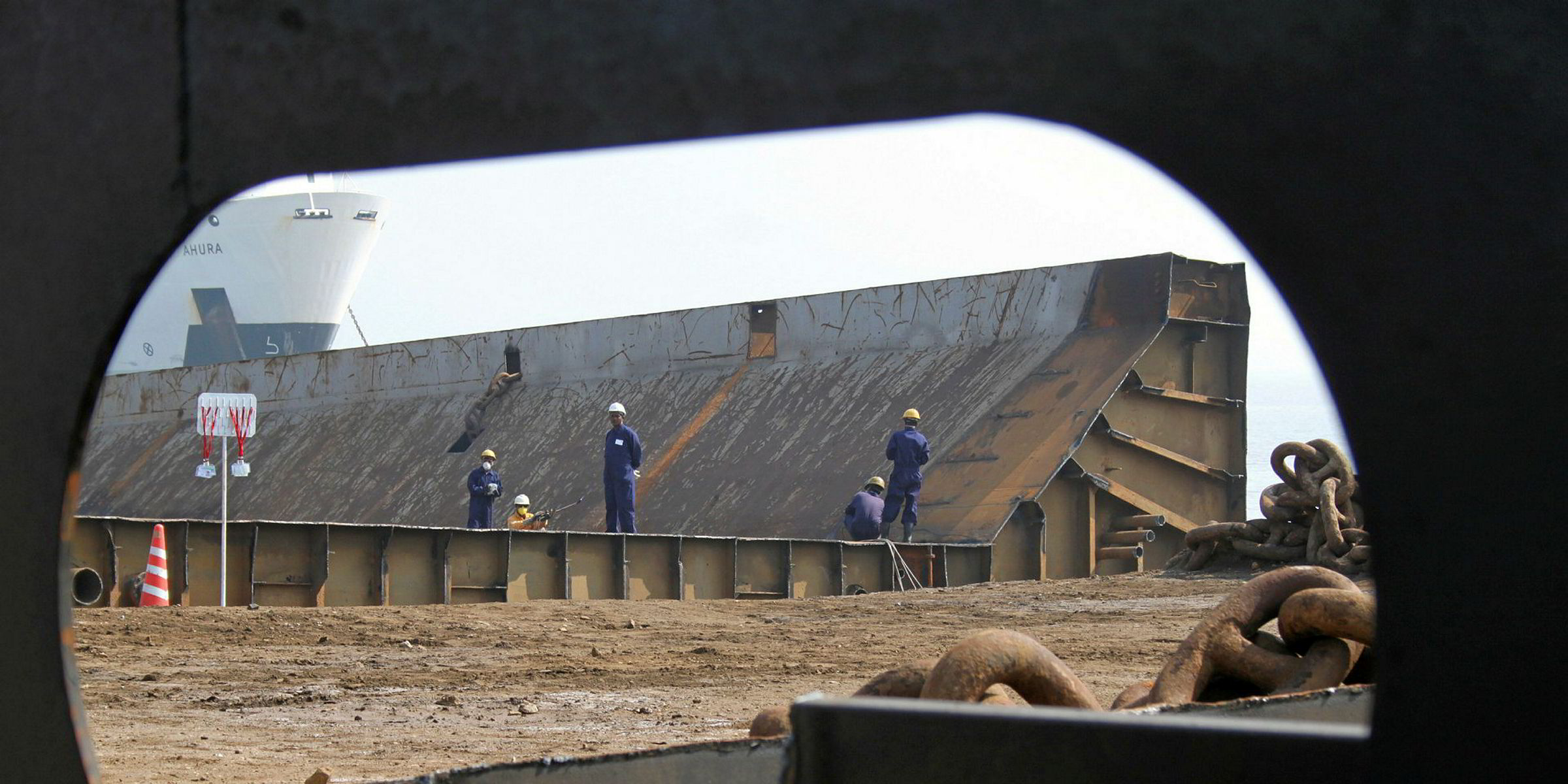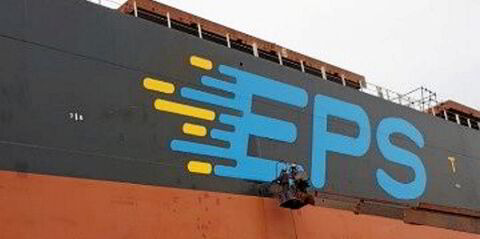A landmark Rotterdam court ruling has opened the door to the criminal prosecution of shipowners that trade in Europe but sell vessels for demolition outside the OECD under the European Waste Shipment Regulation (EWSR).
Last week, Dutch shipowner Seatrade was found guilty of breaching the EWSR after selling four reefer ships for demolition in India, Bangladesh and Turkey in 2012.
Under the EWSR, it is illegal to sell European sourced hazardous waste outside the OECD. The case was the first time an application of the EWSR to shipping had been tested in the criminal courts.
Prior to the ruling, ships have been detained in Europe where a sale has been deemed to breach waste rules, but their owners have not been prosecuted.
Shipowners have also dodged the EWSR by trading a vessel outside of Europe before selling it for demolition, or selling it on to a third party, such as a cash buyer, which then sold it for scrap.
But the Rotterdam judgment rejected Seatrade’s defence that as opposed to being waste, the vessels were seaworthy, had cargo onboard and were trading before they were sold for demolition through a cash buyer.
Commenting on its defence, Seatrade told TradeWinds: “It is our view that a seaworthy vessel in normal trading conditions should not be considered waste.
“It is also a fact that the ships in question were fully certified and carrying commercial cargo onboard when they left European waters.”
Seatrade expressed “surprise and disbelief” over the court fines up to €750,000 ($924,000) and the professional suspension of two of its directors for a year.
The company is now considering taking its case to the Hague Court of Appeal.
Demolition worries
However, for now at least, shipowners trading vessels in Europe, whatever flag the ship is under, will have to think long and hard about where they sell ships for demolition.
Ingvild Jenssen, the founder and director of lobby group NGO Shipbreaking Platform, said: “We strongly welcome the judgment of the Rotterdam court. The ruling sends a clear-cut message that dirty and dangerous scrapping will no longer be tolerated.”
There are strong indications that Holland and other European jurisdictions will bring further prosecutions against companies selling ships for scrap in South East Asia.
Firstly, the case was brought by the Dutch prosecutor following its own investigation, without prompting from environmental lobby groups.
Seatrade was also alarmed by the lengths to which the prosecutor went to publicise its case prior to the trial.
In a pre-trial press statement, the prosecutor used unusually emotive language, calling for jail sentences for three Seatrade executives involved in the decision to sell the ships.
It described ship demolition in South East Asian beaching yards as “the most dangerous job in the world” and accused Seatrade executives of “endangering the lives and health of workers” through the sale. The decision to publicise the case has raised speculation that there may be a political motive to pursue further prosecutions against shipowners.
Sources suggested that Belgium is also considering bringing similar cases to court.
Another factor that may have prompted the case is that the European Union Ship Recycling Regulation (SRR) is about to enter into force at the end of this year.
The SRR will restrict the demolition of EU-flag vessels to approved shipyards, but will not apply to non-EU-flag vessels.
As such, many European owners had been expected to flag out to avoid the SRR and allow them to demolish at a yard of their choice.
However, the EWSR applies to all vessels trading in Europe irrespective of the flag they sail under.
In theory, following the Seatrade judgment, even owners opting to flag out of Europe to avoid the SRR could now face criminal charges under the EWSR.
The four Seatrade demolition sales involved were of its so-called Spring-class reefer ships — the 461,816-cbf Spring Bear, Spring Bob, Spring Panda and Spring Deli (all built 1984).



